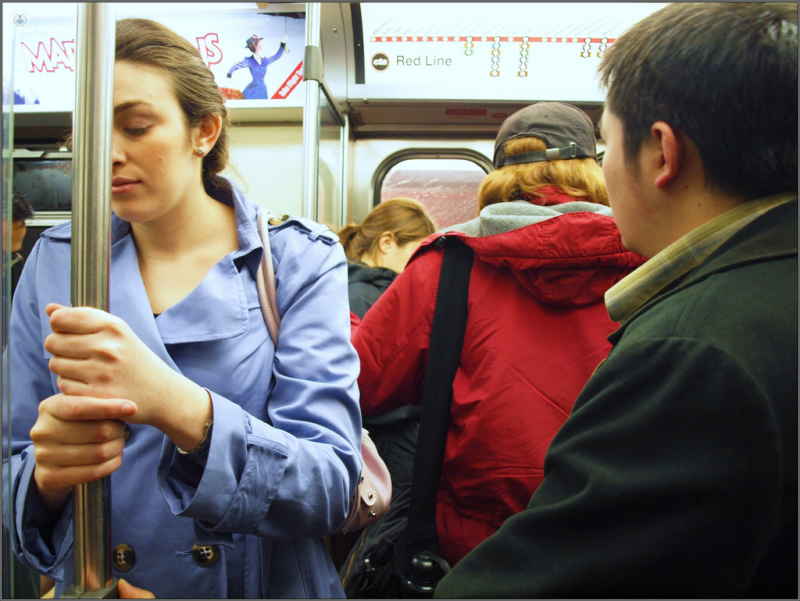What causes fainting?
Autore:Syncope (pronounce sin-cope-pee) is the medical term for fainting, blacking out, or loss of consciousness. Many people have experienced this phenomenon, passing out in a crowd, or on public transport. But why does this happen to certain people? Dr Boon Lim, a leading London cardiologist and expert on syncope explains what causes fainting:

What are the causes of fainting?
Syncope is caused by a combination of:
- Low blood pressure
- The heart not pumping enough blood to the brain
- Reduced peripheral vascular resistance (i.e. the blood vessels become too “relaxed” and are able to accommodate much more volume than usual). This effectively causes the blood circulating around our body to start to pool in very unhelpful places – typically this build-up of blood is most pronounced within the lower limbs and the stomach and intestinal bed.
How do these factors make you faint?
Let’s suppose, for the average, normal-sized, male patient, the circulating volume of blood is approximately five litres. When standing up, gravity pulls blood down into the lower limbs, which can act as huge reservoirs, removing approximately 800 ml of blood from the main circulation, therefore leaving less blood circulating around the rest of the body, particularly to the heart and brain.
With the heart receiving less blood (15-20% less) than usual, less blood is pumped with each heartbeat (i.e. a lower stroke volume). This diminished stroke volume is sensed by stretch receptors in the neck and heart, which send a signal to the brain to cause it to activate the fight or flight response (also called a reflex sympathetic surge) in the form of a burst of adrenaline.
Because of this adrenaline surge, we develop multiple symptoms before progressing to syncope, which include:
- Palpitations
- Anxiety
- Sweatiness
- A need to cool down, or get breath of fresh air
- Clamminess
- Feeling hot
- Nausea
- Feeling light-headed
As blood continues to pool, there comes a point in time when even with maximum adrenaline levels, blood pressure cannot be maintained, and as it falls, blood flow to the brain decreases, and you lose consciousness.
Situations to avoid
If you are prone to fainting, certain situations may be more likely to trigger an episode, such as:
- Being dehydrated
- Standing for long periods, e.g. on crowded public transport
- Feeling unwell, with an intercurrent illness, such as a chest infection
- Getting up quickly from a sitting or lying position
For more advice on how to prevent fainting, see Dr Lim’s top tips to help with syncope.
Dr Boon Lim is an expert in syncope and leads the renowned Imperial Syncope Diagnostic Unit based at Hammersmith Hospital in London. He has multiple research interests in syncope to improve quality of life for patients who suffer with this condition. If you’d like to see Dr Lim, visit his profile and request an appointment!


